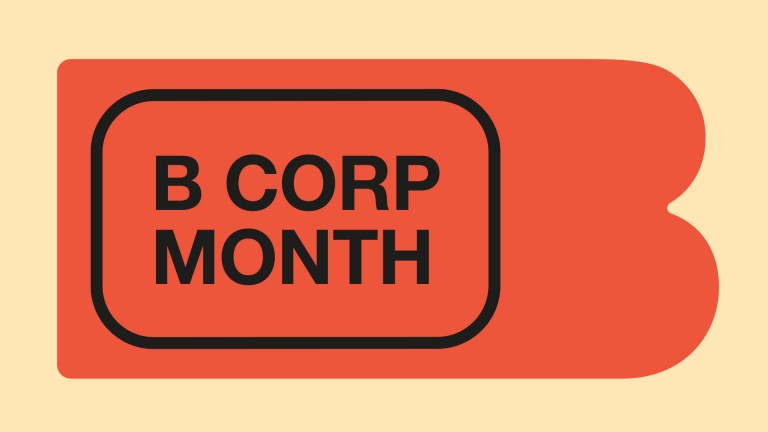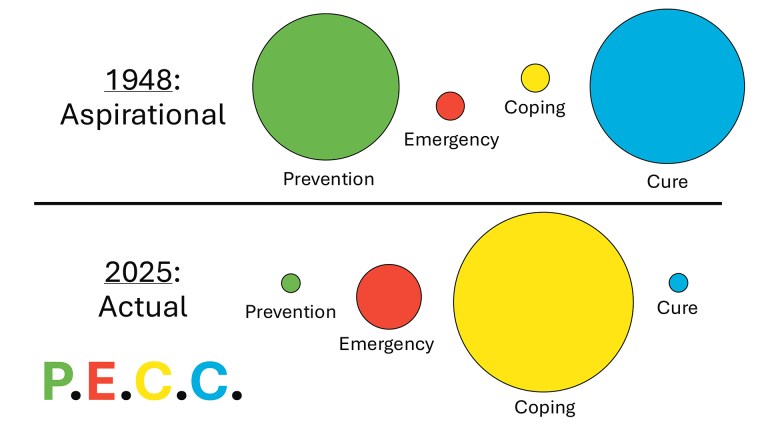Gambling is almost impossible to escape in today’s society. From countless advertisements before popular television shows, to promotions around the side of football pitches and shirt sponsorships, gambling is increasingly normalised and presented as ‘just a bit of harmless fun’. Anyone can now access a 24 hour casino on their phone. But gambling can be addictive and its harms can affect anyone. For some, gambling is seen as a leisurely pastime, but for many, it can cause problems that feel inescapable and, in some cases, have devastating effects on people’s lives.
- I took out loans and maxed out credit cards to fund my betting addiction. I ended up homeless
- Premier League clubs step up gambling sponsorship on front of shirts ahead of ban: ‘It’s shameful’
At GambleAware, we commission the National Gambling Support Network, a group of organisations across Great Britain which provide free, confidential treatment for gambling harm. We also work with a variety of other partners across different sectors to understand, treat, and prevent harms across the country. Our latest commissioned Treatment and Support Survey, which includes the findings of a YouGov survey of 18,000 people, highlights worrying emerging trends borne out of the normalisation of gambling in daily life. The most alarming of these is the impact on children. The data shows up to 1.65 million children in Great Britain are living in households where an adult is experiencing “problem gambling”. Those children exposed to gambling were also found to be four times more likely to go on to experience “problem gambling” in later life themselves compared to those who had never been affected by someone else’s gambling. This cycle of harm underscores the urgent need for more robust protective measures.
It’s is a complex issue, but there are immediate steps we could take to prevent harm. This must start by addressing how it is advertised to children, young people and wider audiences by introducing stronger regulation. We want to see several key policy changes including a pre-watershed ban on TV gambling ads, health warnings on all gambling advertising, and a ban on marketing at sporting events. In other countries, including Ireland and Germany measures such as broadcast watersheds and stricter regulation of social media advertising go further in protecting people from harm.
We also need to introduce a comprehensive national, government led strategy to tackle gambling harms, with a public health approach that incorporates prevention, early intervention, and effective treatment. The Gambling White Paper, which was published by the Government in 2023, and includes plans for a statutory levy on gambling operators, provides a blueprint to ensure sufficient funding for the future support system that must be urgently implemented. But it was also a missed opportunity to set out stricter regulations on gambling advertising and marketing
Our society cannot treat its way out of this issue, as evidenced not only from the recent Gambling Commission prevalence figures, but also recent calls from leaders across the NHS – including NHS CEO Amanda Pritchard and Matthew Taylor of the NHS Confederation – who are increasingly concerned about the numbers of people requiring care for gambling harms. To put it simply, more effort is needed to tackle the source of preventable issues like gambling harm rather than just continuing to put strain on the NHS.
Despite the worrying statistics about the number of children in households where there is gambling harm, there were also some encouraging findings in our Treatment and Support Survey. It showed more people are seeking help and accessing services, rising to a quarter (23%) of people who experience any level of problems from 19% in 2022 and 16% in 2021. One in three (35%) people who are affected by someone else’s gambling also said they had sought advice or support for themselves in some form – a statistically significant increase compared to 26% in 2022. This uptick is clearly a positive sign, indicating that awareness and availability of support for those experiencing gambling harms are having a tangible impact.










